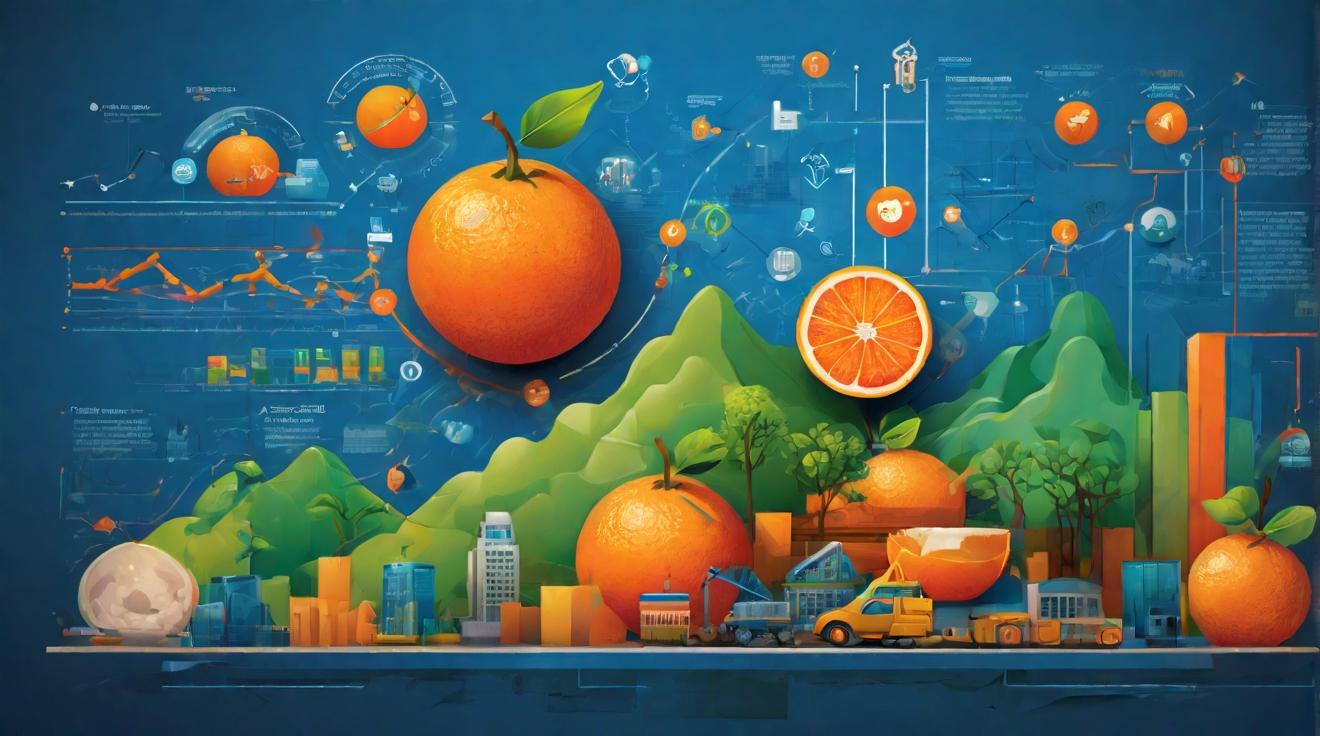"Mismatch Between Available Jobs and Recent Graduates' Preferences"
Over the past few months, the Bureau of Labor Statistics has released employment reports that seem to defy logic with their positive outlook. However, these reports are not painting the full picture of the struggles that job seekers, including recent graduates like Lohanny Santos and Jenna Starr, are facing in their search for employment. Despite the record employment numbers, there is a concerning gap between the available positions in industries like tech, consulting, finance, and media, and the preferences of recent graduates.
The pandemic has only worsened this issue, as it disrupted education and networking opportunities for students. Additionally, the shift towards service-oriented sectors and remote work has further alienated new entrants to the workforce. This change in the economy is driven by the need for corporate profitability in the face of high domestic labor costs, regulatory expenses, and the strategic offshoring of production.
Federal Reserve Chair Powell has highlighted the importance of immigration in supplementing the workforce, especially as the American workforce ages and fertility rates decline. However, the current immigration trends tend to bring in lower-skilled labor, which has its own consequences for native employment rates and wages.
To address some of the economic challenges, immigration policies could focus on attracting highly skilled and educated workers. This would help bridge the gap between available positions and the preferences of recent graduates. However, the current trend points towards an increasing workforce filled with lower-skilled and cheaper labor, creating competition for native-born workers, particularly in service sectors.
This situation raises broader issues, such as the balance between maintaining corporate profitability and providing viable employment opportunities for Americans. It also highlights the impact of automation and technology on employment, as well as the challenges of sustaining economic growth in a changing demographic landscape. The solution to this mismatch will require a comprehensive strategy that takes into account these various factors and ensures that the workforce is equipped for the jobs of the future.
Analyst comment
Neutral news.
Market prediction: The market may experience a slight slowdown in industries like tech, consulting, finance, and media due to a mismatch between available positions and the preferences of recent graduates. Immigration policies focusing on highly skilled workers could address some economic challenges. However, the current trend suggests a workforce increasingly filled with lower-skilled labor, which may compete with native-born workers for jobs in the service sector. Broader issues such as maintaining corporate profitability, the impact of automation, and the changing demographic landscape will need to be addressed to sustain economic growth.













